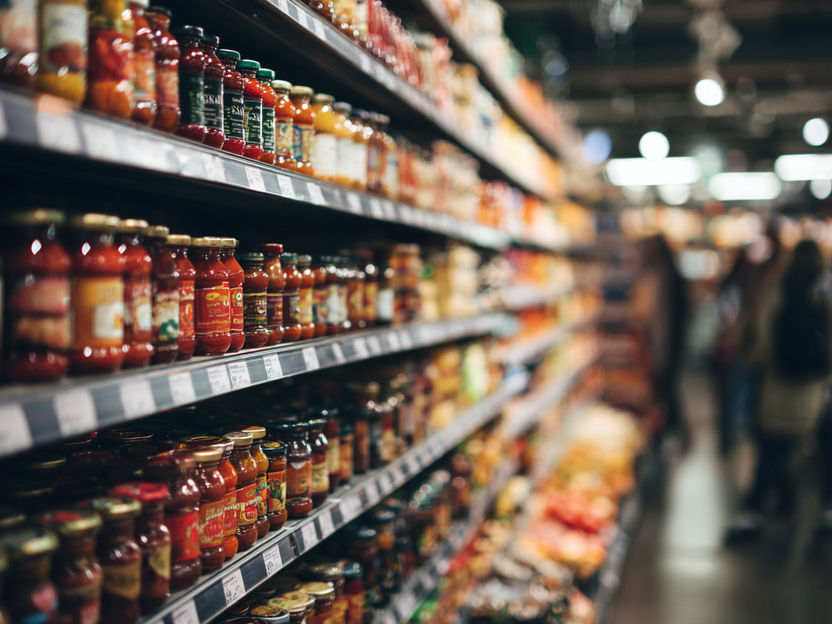Lack of labeling can be life-threatening
Advertisement
Many people suffer from food allergies. It is important for those affected to know which allergens are contained in the products. The consumer protection portal lebensmittelwarnung.de, which was redesigned exactly one year ago, offers allergy sufferers additional safety with its information options. This is because unlabeled allergens are among the most common reasons for food recalls. The Federal Office of Consumer Protection and Food Safety (BVL) points this out on the occasion of German Food Allergy Day on June 21.

Symbol image
computer generated picture
Spreads with undeclared peanuts, chocolate with undeclared wheat or baked goods in which milk ingredients have not been labeled are just a few of the most recent examples from recent months. Around one in nine of the 2,743 recalls that have been published since the lebensmittelwarnung.de portal was launched in 2011 were in the allergens category. This year alone, there were 30 reports in this category (as of June 16, 2025). This means that undeclared allergens were the second most common reason for product recalls this year after pathogenic germs.
"For allergic people, such labeling deficiencies can have serious health consequences - from severe intolerance reactions to life-threatening situations," explains Friedel Cramer, President of the Federal Office of Consumer Protection and Food Safety (BVL). "It is therefore all the more important that consumers can use the lebensmittelwarnung.de app to filter with just a few clicks which products stand out due to unlabeled allergens and should be recalled."
The lebensmittelwarnung.de portal, which was redesigned a year ago, offers improved access to current recalls and consumer information. Thanks to individual filter options, consumers can filter according to product groups, federal states or specific hazards such as "allergens". Anyone using the app can be informed immediately about relevant messages via push notifications. A comprehensive glossary and FAQ section provides further information - for example on individual hazard categories or legal principles.
Note: This article has been translated using a computer system without human intervention. LUMITOS offers these automatic translations to present a wider range of current news. Since this article has been translated with automatic translation, it is possible that it contains errors in vocabulary, syntax or grammar. The original article in German can be found here.
Most read news
Other news from the department business & finance

Get the food & beverage industry in your inbox
By submitting this form you agree that LUMITOS AG will send you the newsletter(s) selected above by email. Your data will not be passed on to third parties. Your data will be stored and processed in accordance with our data protection regulations. LUMITOS may contact you by email for the purpose of advertising or market and opinion surveys. You can revoke your consent at any time without giving reasons to LUMITOS AG, Ernst-Augustin-Str. 2, 12489 Berlin, Germany or by e-mail at revoke@lumitos.com with effect for the future. In addition, each email contains a link to unsubscribe from the corresponding newsletter.




























































